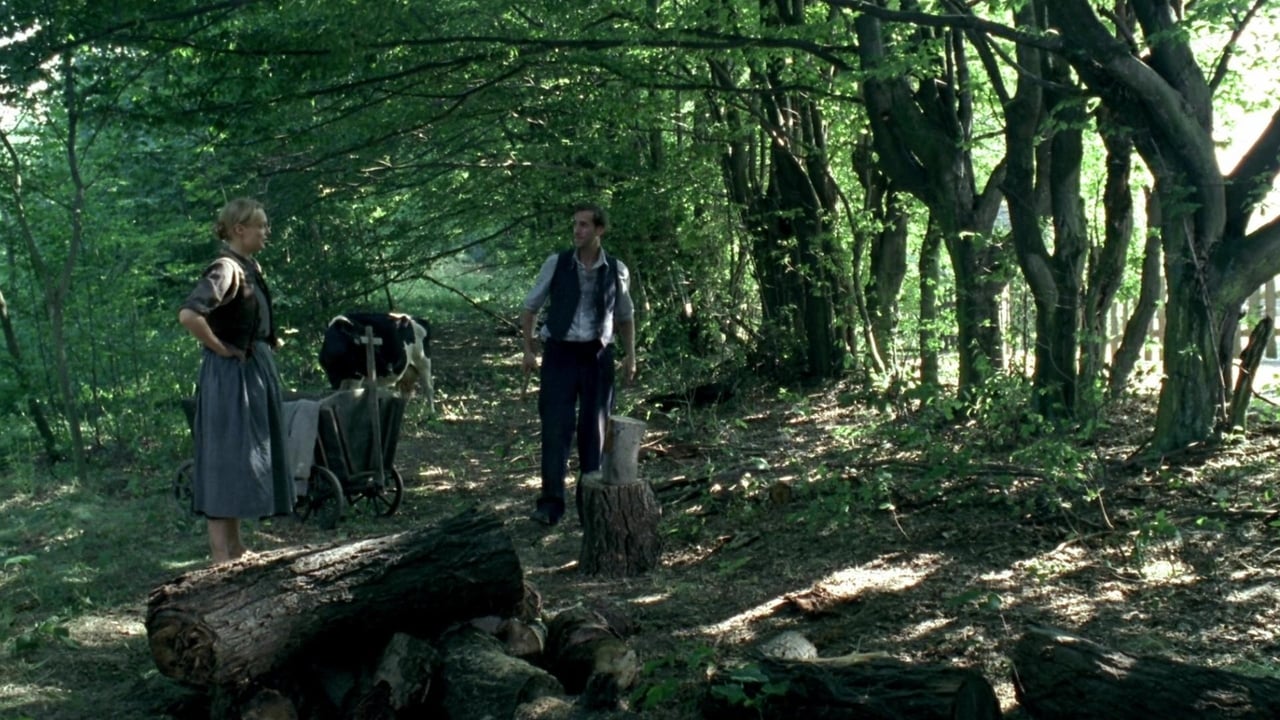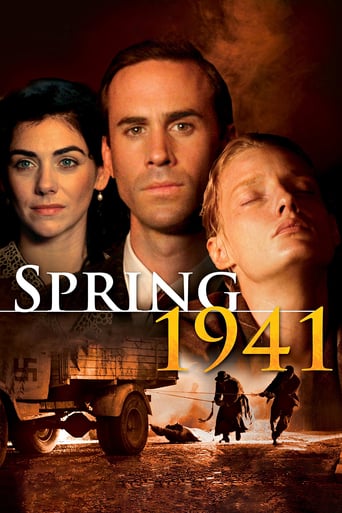IslandGuru
Who payed the critics
Manthast
Absolutely amazing
Paynbob
It’s fine. It's literally the definition of a fine movie. You’ve seen it before, you know every beat and outcome before the characters even do. Only question is how much escapism you’re looking for.
Phillida
Let me be very fair here, this is not the best movie in my opinion. But, this movie is fun, it has purpose and is very enjoyable to watch.
BuyaCheap Tripod
The film in a serious subject, but far too often the shaky cam forces the audience to look away missing much of this movie. If you like nausea and headaches check it out. Otherwise simply skip this one. Its really surprising to me that in a day in age when there is so much hardware available to directors to keep video smooth and professional that something like this could ever get made. Directors and Investors: It doesn't matter how good your script is, if you make your movie look like a middle school phone camera youtube video, we can't watch it.
SnoopyStyle
In 1971 Poland, older cello player Planck is greeted as a returning triumph with her daughter. In 1941 Poland, doctor Artur Planck (Joseph Fiennes), his wife Clara (Clare Higgins) and their two daughters are trying to escape the coming Nazis. One of the girls is killed. They find shelter at Emilia (Maria Pakulnis)'s farm house. She's the local grocer whose husband is lost in the fighting. While Clara is forced to stay in the attic, Emilia gets romantic with Artur and tells people that he's her cousin.This Holocaust story could have been made more intense. There is a slight tone problem. It strays too far into love triangle territories. Those parts should be treated with more matter-of-factness. Every hurt feeling and every hesitation adds an unwanted melodramatic feel to the movie. This should have been more tense.
bReezeydoesit
This film is a true tear jerker. The pain this family must have felt is unimaginable. As a father I couldn't begin to imagine the pain of losing both of your young children. When the youngest daughter was murdered I felt a knot in my throat. When the second daughter died I couldn't help but have a tear fall down my cheek. This family was torn apart in nearly every was possible. Such little babies ruthlessly slaughtered, what a sad part of human history. How the parents kept going after the first child was killed I can not fathom. Losing a little one to such horrific circumstances, right before your eyes and not being able to do anything about it, not even hold your child is too much to bear. I don't think I would have been able to hold back my emotions or revenge. I am fairly sure I would have died trying to get some street justice.
sddavis63
There are some very powerful and very emotionally moving moments in this movie. Certainly the deaths of Artur and Clara's two young daughters after they're shot by German soldiers are horrifying, Clare Higgins was riveting as she described Artur's final fate, and the concert at the end of the movie as she played the cello and saw in the audience the faces from her past certainly made the point that survivors of the Holocaust must be haunted by their memories and must find it difficult to move on. But on the whole this movie disappoints. Those powerful moments are somewhat scattered and so don't really hold this together or raise it to a higher level.Instead, this movie came across to me as rather muddled. It shifts back and forth repeatedly from 1971, as Clara revisits some of the places from her past, to 1941, as we're given the story of what happened to her family. The shifts are somewhat abrupt. They didn't flow very well; they weren't smooth. I also thought that the movie had an unfortunate air of melodrama to it as it traces the relationship between Artur and Emilia - the young woman in whose farmhouse the Plancks hide, and who falls in love with Artur and begins a somewhat strained relationship with him. I'm not denying that such things could have happened, but it really didn't seem to be the plot point around which a movie of this type should revolve. As an addition to the "Holocaust" collection of films, I have to say that this is not one of the stronger ones. (3/10)

